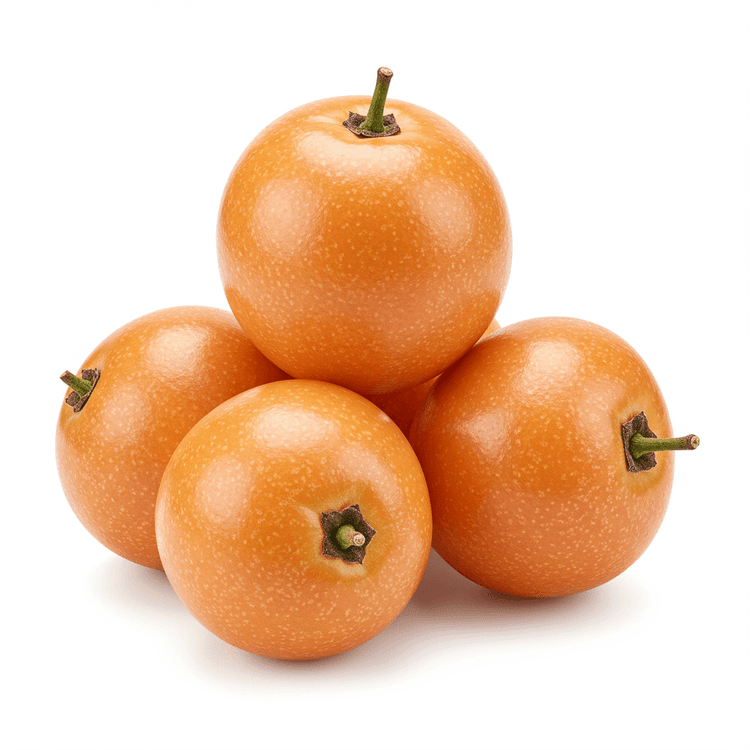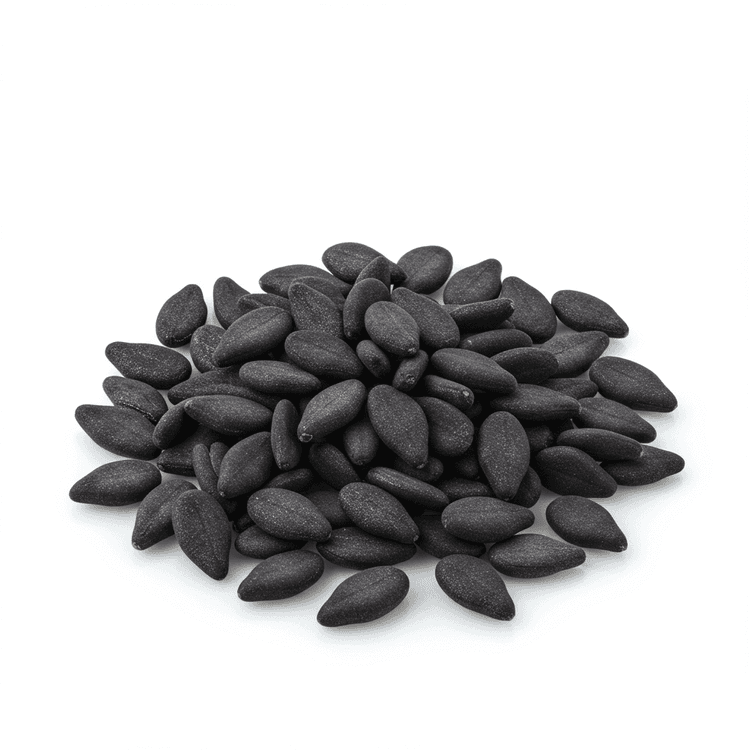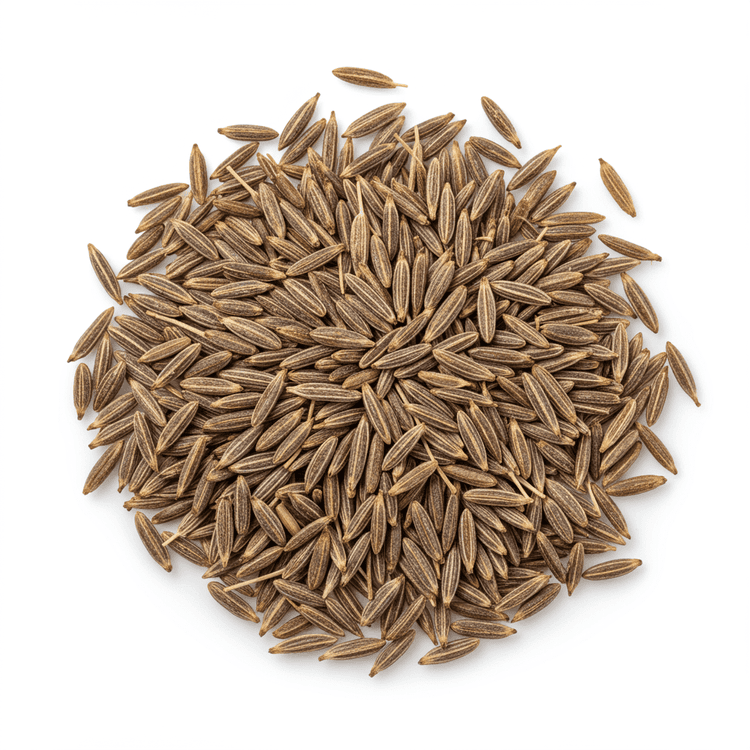
Kalongi
Kalonji, also known as black cumin or nigella seeds, are tiny, black, angular seeds with a slightly bitter, pungent, and peppery flavor. These seeds are often confused with black sesame or black onion seeds, but they possess a distinct aroma and taste profile. Kalonji seeds offer a nutty undertone and a slightly crunchy texture when toasted or added to dishes. They are widely used in various cuisines for both their flavor and perceived health benefits. Look for high-quality, uniformly sized, black kalonji seeds for the best culinary experience.
Common Uses
- Kalonji seeds are frequently sprinkled on naan bread, bagels, and other baked goods before baking to add a unique flavor and textural contrast. The slightly bitter, nutty flavor complements the dough beautifully.
- These seeds are used in pickling spice blends to impart a complex flavor profile to homemade pickles. Their peppery notes enhance the overall taste of pickled vegetables and fruits.
- Kalonji is an essential ingredient in many Indian and Middle Eastern spice blends, such as Panch Phoron (Indian five-spice mix), adding depth and a subtly pungent flavor to curries, dals, and vegetable dishes.
- The seeds can be lightly toasted and ground into a powder, then used as a dry rub for meats like chicken, lamb, or fish before grilling or roasting. This creates a flavorful crust and enhances the savory notes of the meat.
- Kalonji oil, extracted from the seeds, is often used as a finishing oil to drizzle over salads, roasted vegetables, or soups to add a distinct aroma and flavor. Be mindful to use only a small quantity due to its potent taste.
- Consider adding a pinch of toasted kalonji seeds to stir-fries or vegetable sautés to introduce a unique, slightly bitter and nutty flavor that complements a wide range of ingredients.
Nutrition (per serving)
Nutrition (per serving)
Calories
347.0kcal (17.35%)
Protein
16.1g (32.28%)
Carbs
52.2g (18.99%)
Sugars
0.0g
Healthy Fat
11.1g
Unhealthy Fat
2.2g
% Daily Value based on a 2000 calorie diet
Nutrition (per serving)
Calories
347.0kcal (17.35%)
Protein
16.1g (32.28%)
Carbs
52.2g (18.99%)
Sugars
0.0g
Healthy Fat
11.1g
Unhealthy Fat
2.2g
% Daily Value based on a 2000 calorie diet
Health Benefits
- May help lower blood sugar levels and improve insulin sensitivity, potentially aiding in diabetes management.
- Rich in antioxidants, which can combat oxidative stress and reduce the risk of chronic diseases.
- May possess anti-inflammatory properties, potentially alleviating symptoms of inflammatory conditions.
- Supports heart health by helping to regulate cholesterol levels and blood pressure.
- Could boost the immune system due to its antimicrobial and antiviral properties.
- May improve cognitive function and protect against neurodegenerative diseases.
Substitutes
Chefadora AI is here.
Experience smarter, stress-free cooking.
Storage Tips
Store kalonji seeds in an airtight container in a cool, dark, and dry place. This helps to maintain their flavor and prevent them from going rancid. Avoid exposure to direct sunlight or moisture, which can degrade their quality. When stored properly, kalonji seeds can last for up to a year.
Marnirni-apinthi Building, Lot Fourteen,
North Terrace, Adelaide, South Australia, 5000
Australia



